We would do almost anything to keep our best friends with us just a bit longer. That’s the only fault they have–not living long enough. And while you cannot prevent the inevitable, you can help prolong your dog’s life by feeding him good foods. This includes fresh foods that are known to help prevent cancer, one of the leading causes of death in older dogs.
In honor of Pet Cancer Awareness Month (May), we asked Rick Woodford, author of CHOW: Simple Ways to Share the Foods You Love with the Dogs You Love, to provide a list of fresh foods that are safe for your dog and also help prevent cancer.
#1 – Apples
Apples are an antiangiogenic food that blocks angiogenesis (the formation of new blood vessels from existing blood vessels.) Antiangiogenic foods literally starve tumor cells with a 60% response rate in tests of dogs.
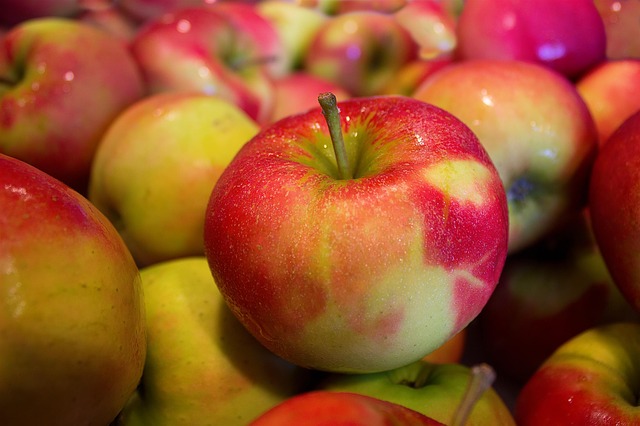
#2 – Asparagus
Asparagus contains more glutathione than any other fruit or vegetable. Glutathione is a detoxifying compound that helps break down carcinogens and other harmful compounds like free radicals.
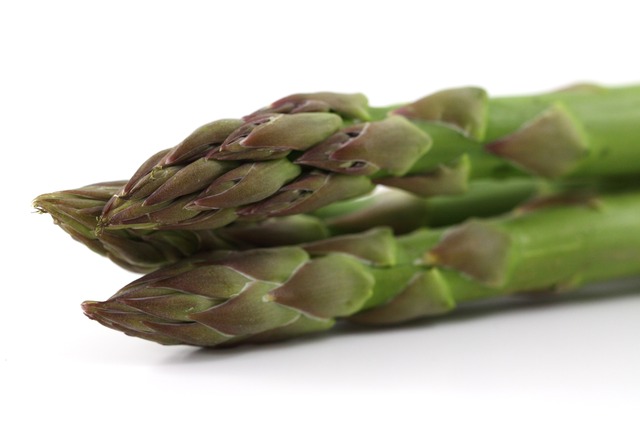
#3 – Bananas
Bananas contain anthoxanthins which help reduce the risk of cancer and heart disease.
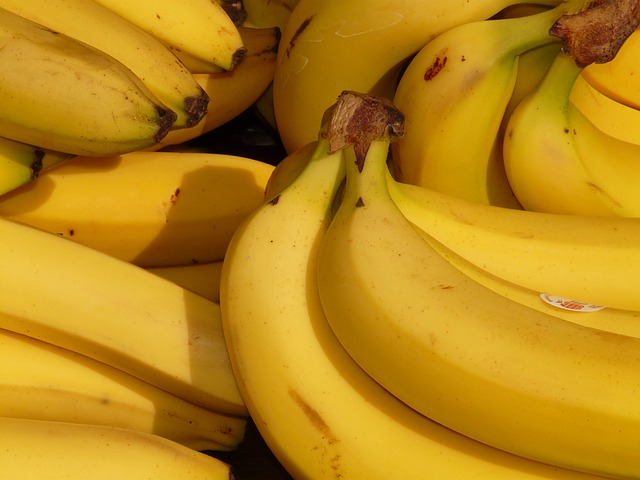
#4 – Blackberries
Blackberries contain quercetin, an antioxidant that helps to protect against cancer, especially when combined with vitamin C, which blackberries are also high in.
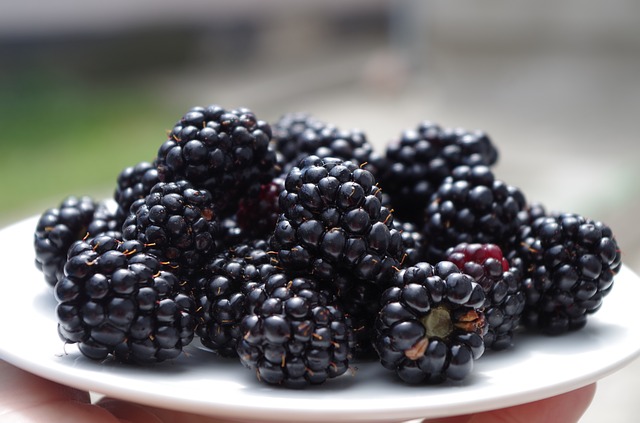
#5 – Blueberries
Blueberries help to starve tumor cells and contain an antioxidant compound called ellagic acid, which blocks metabolic pathways that can lead to cancer. Berries are also rich in anthocyanins which reduce cell proliferation and inhibit tumor formation.
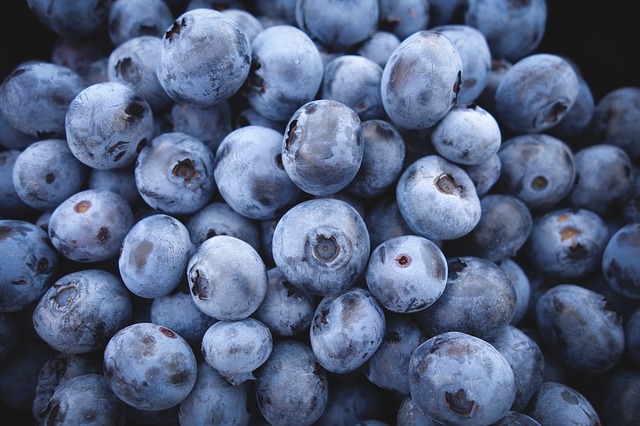
#6 – Broccoli
Broccoli sprouts have been found to have 30x (or more) of cancer fighting compounds than mature broccoli.
Broccoli, Brussels sprouts and cabbage contain glucosinolates, the sulfur-containing chemicals that help to eliminate potential carcinogens from the body. They act in ways that prevent normal cells from being transformed into cancerous cells.
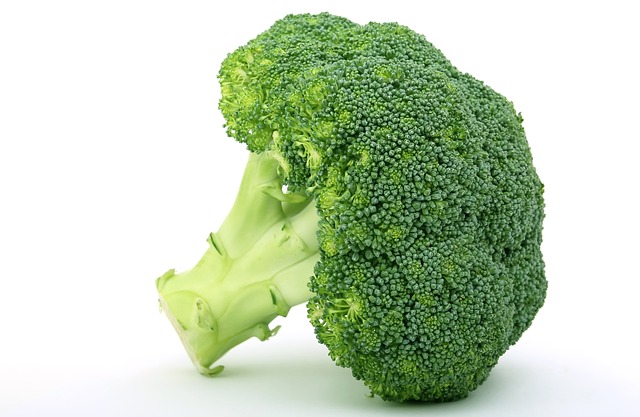
#7 – Cauliflower
Cauliflower also contains glucosinolates, plus the sulforaphane in cauliflower helps the liver produce anticarcinogenic enzymes.
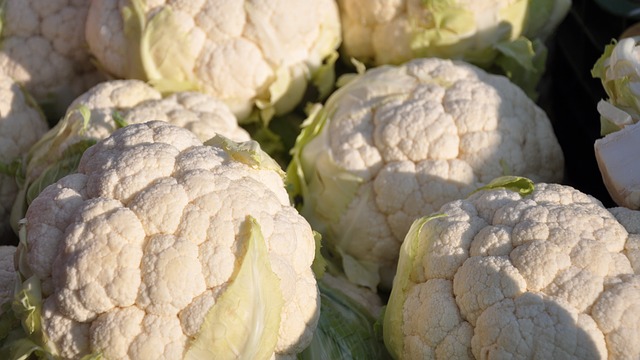
#8 – Cherries (tart, dried, sweetened)
Cherries are another antiangiogenic food that blocks the formation of new blood vessels from existing blood vessels. As you may recall from reading about apples, antiangiogenic foods starve tumor cells.
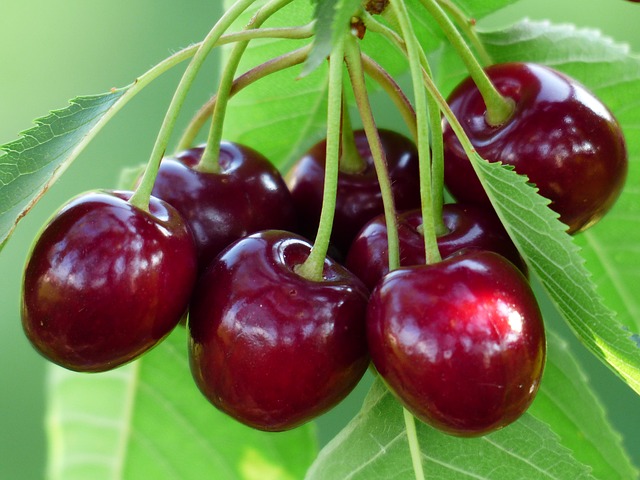
#9 – Cumin
Cumin seed oil can inhibit the growth of cancer cells in laboratory tests.
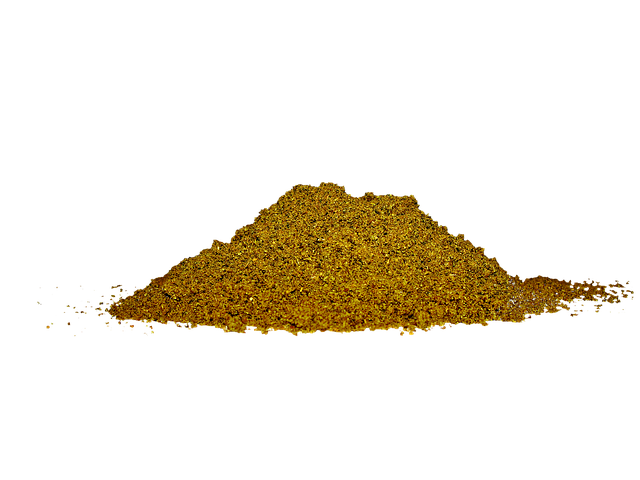
#10 – Milk Thistle
Milk thistle has been shown to have anti-cancer properties, reducing and thwarting the growth of tumors. It is also known as an effective liver detoxifier.
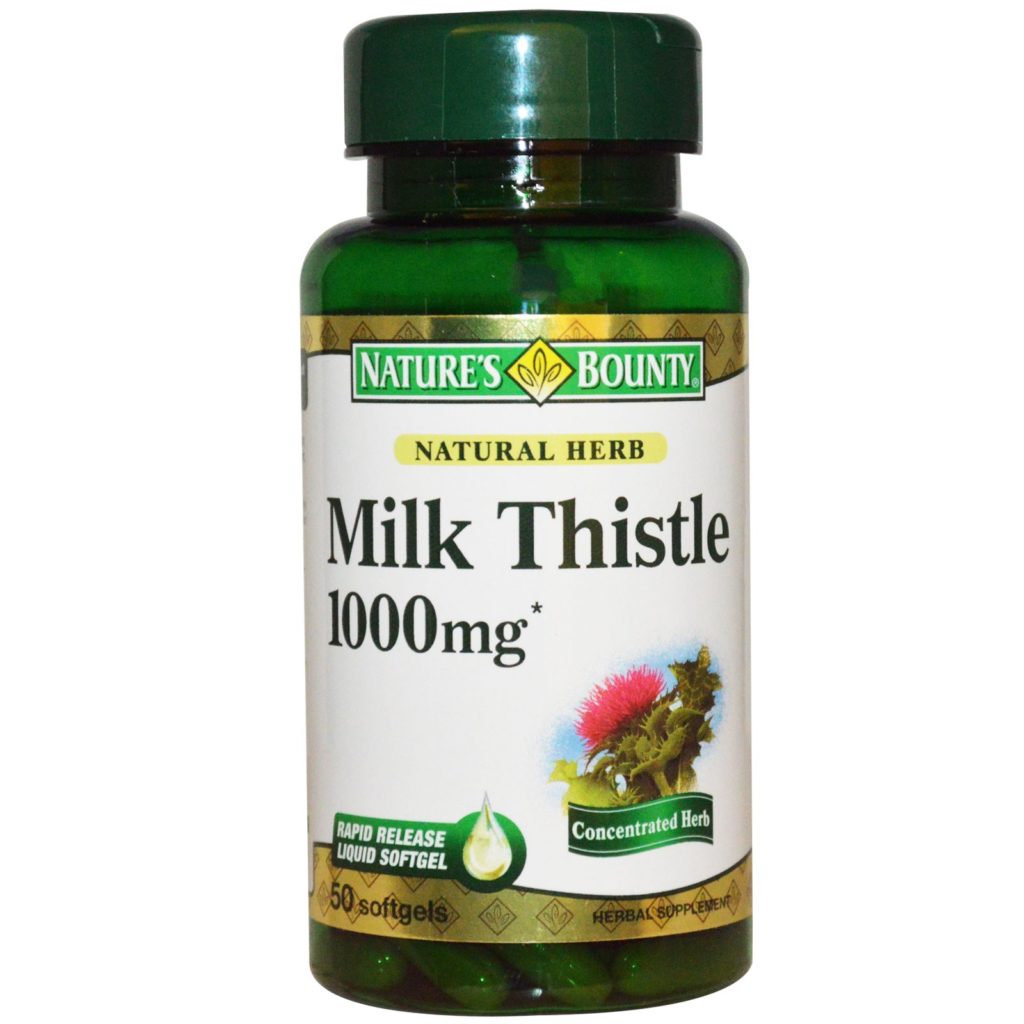
#11 – Parsley
Parsley is yet another antiangiogenic food. It’s about 25% as effective as turmeric.
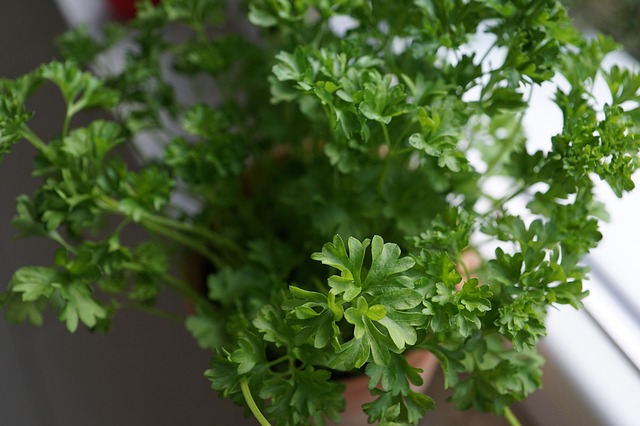
#12 – Sweet Red Bell Peppers
Red bell peppers contain xanthophylls (Zeaxanthin and astaxanthin), which have anticancer properties, strengthen the immune system, and are rich in health-supportive sulfur compounds. Enzymes in bell peppers called cysteine S-conjugate beta-lyases may have anti-cancer benefits. Red bell peppers have significantly higher nutrient levels than green, including lycopene, which helps to protect against certain cancers and lowers the risk of heart disease.
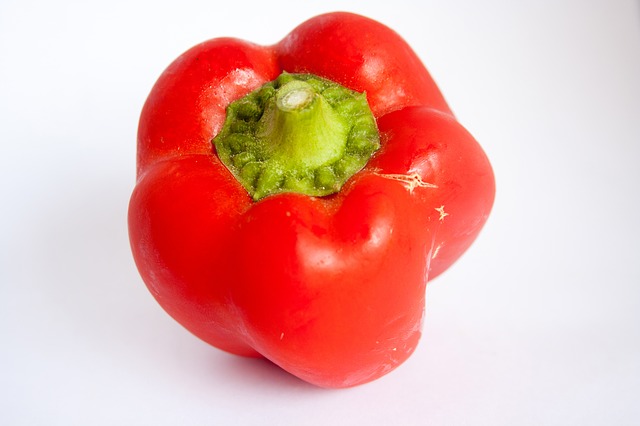
#13 – Pumpkin
Pumpkin can be added to the list of foods that block angiogenesis.
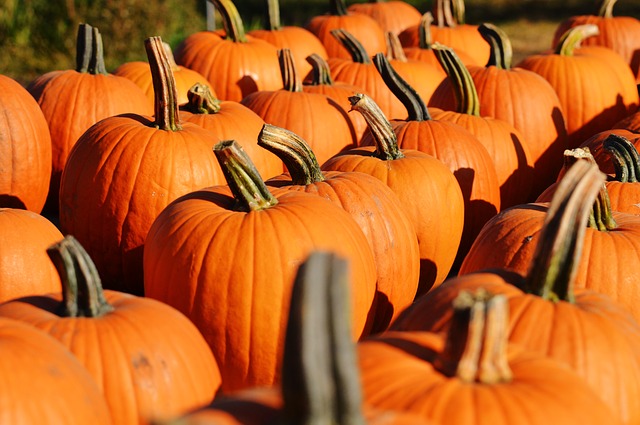
#14 – Rosemary
Rosemary contains rosmarinic acid which is used to treat peptic ulcers, arthritis, cancer, rheumatoid arthritis, and asthma.
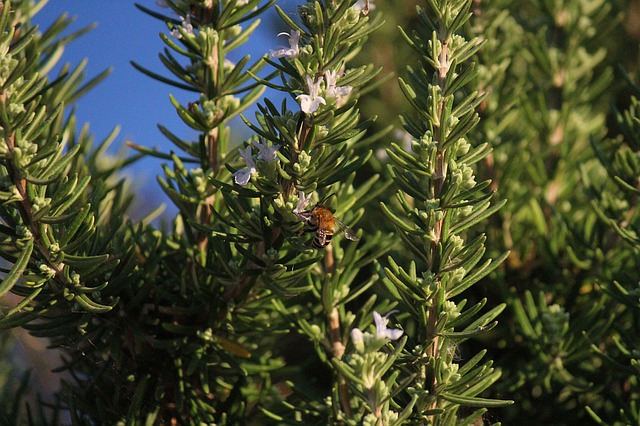
#15 – Spirulina (algae)
Spirulina possesses potent antioxidant and anticancer properties, dosage 1/4 tsp per cup of food. The phycocyanin in spirulina exhibits a protective effect on the liver by scavenging free radicals.
#16 – Turmeric/Curcumin
In laboratory studies, the curcumin in turmeric has been shown to stop the growth and spread of cancer cells. Since curcumin is poorly absorbed by the GI tract and rapidly cleared from the blood, feed turmeric with a fatty food to increase absorption. Curcumin’s anti-cancer properties include: altering DNA methylation, blocking angiogenesis, antioxidant, antitumor, boosting the immune system, decreasing cell growth, decreasing metastasis, inducing cell apoptosis, and inhibiting cell division and growth. Because curcumin can decrease the effectiveness of certain chemotherapy drugs, check with your veterinarian before incorporating turmeric into a dog’s diet when undergoing treatment for cancer.
Turmeric also provides a benefit to your dog’s joints, as many people also know who take a turmeric supplement for the same reason.
These statements have not been evaluated by the Food and Drug Administration. This product is not intended to diagnose, treat, cure, or prevent any disease. The information on this website is not intended to replace a one-on-one relationship with a qualified health care professional.
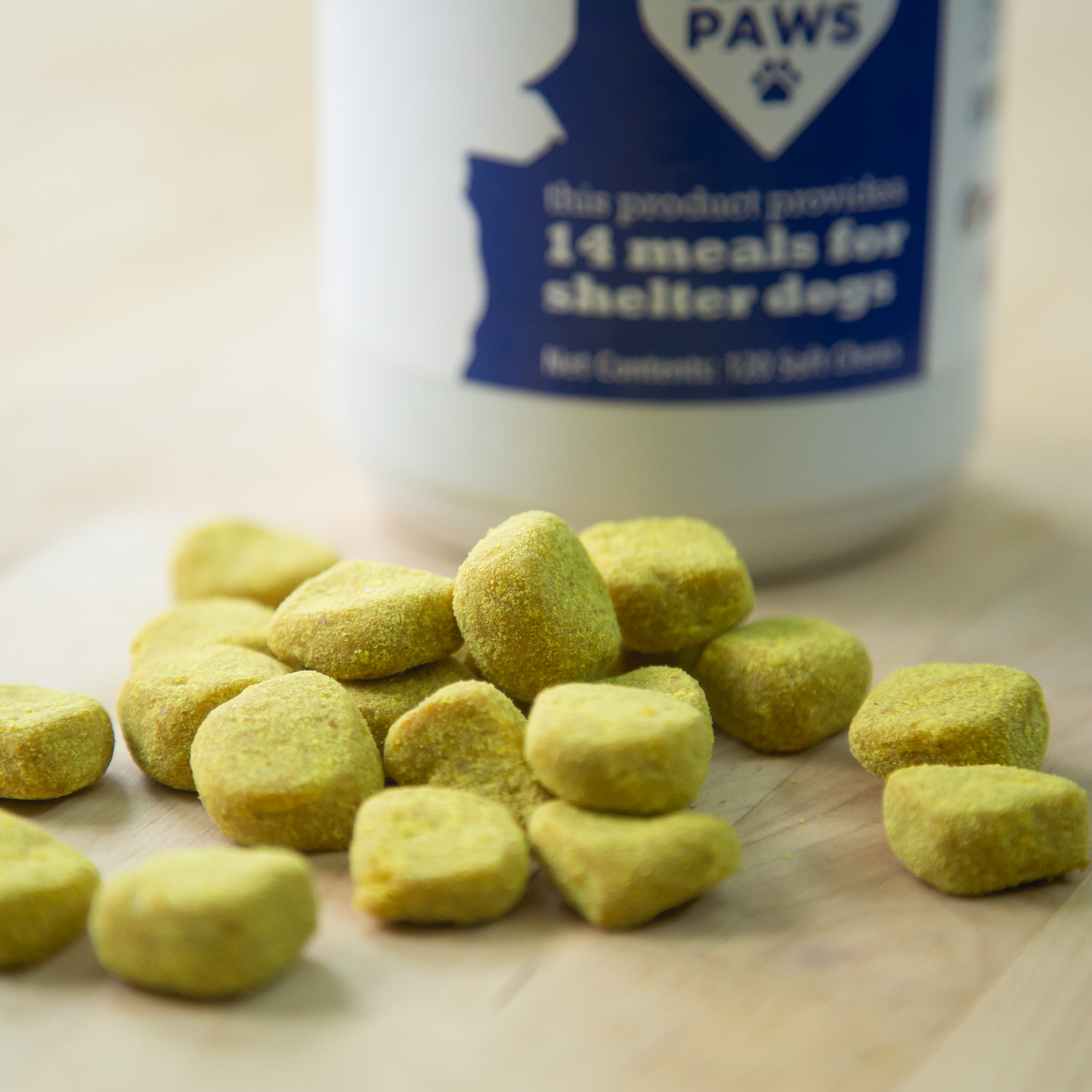
 Toledo, United States.
Toledo, United States.